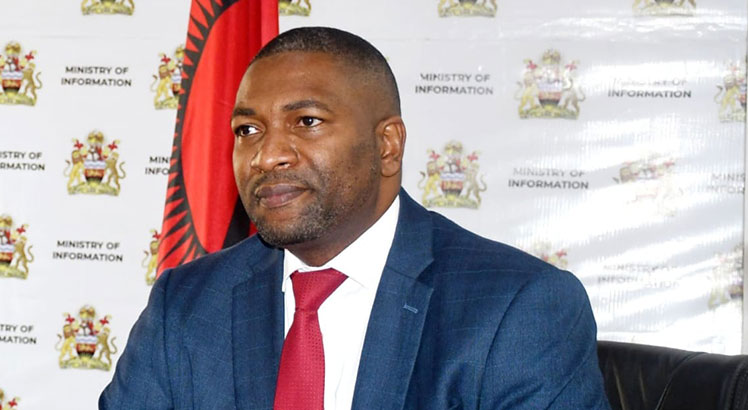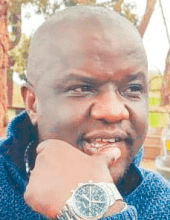Minister blames hunger on poor land use
Minister of Agriculture Sam Kawale has blamed the chaotic human settlements which have resulted in good arable land ideal for farming being taken up by villages nationwide for worsening the food insecurity situation.
Speaking during a tour of the 100-hectare (ha) maize field at Chikwawa Irrigation Scheme under the Greenbelt Authority Initiative (GBI) in Traditional Authority Khombedza in Salima District, he described the situation as terrible, saying unless people are urbanised, a good system of farming may not be possible.
Said Kawale: “We need to move people from the village, but even if it is still in the village, we need to start coming into clusters to free up land. This culture of just establishing villages anyhow is contributing to the country not being able to produce enough food.”

The minister said urbanisation is important and that is the reason it is one of the pillars in Malawi 2063 (MW2063), the country’s long-term development strategy.
He said government is planning to have at least 200 000ha under irrigation out of which 50 000ha is expected to be ready by the end of this year.
In the proposed 2024/25 National Budget, the ministry has been allocated K100 billion to go towards agricultural production.
In his remarks, Greenbelt Authority board chairperson Wester Kossam said Salima Sugar Company has 1000 hectares of land ready for irrigation and that it is looking for at least K10 billion to get started.
He said GBI intends to enter into an off- taking agreement with the National Food Reserve Agency (NFRA) to sell the harvested maize.
Said Kossam: “The land is close to the lake and we have already done piping from the lake to the reservoir. We want to use it now to help in food security and afterwards we will plant our usual cane after the maize harvest.”
One of the workers at Greenbelt Megafarm in Salima, Kelita Lyson from Mkombozi Village, said her livelihood as a widow has greatly improved as she is now able to support her three children from the income she is making.
In the proposed budget, government has concentrated financing to projects designed to boost agriculture commercialisation and productivity, a development that is expected to promote the sector’s resilience to climate and weather-related shocks.
Based on The Nation calculations of figures outlined by Minister of Finance and Economic Affairs Simplex Chithyola in the proposed national budget, the government will allocate K209.04 billion, or about 42 percent of the agriculture budget, to six projects geared towards revamping irrigation systems and promoting employment in the sector. n





